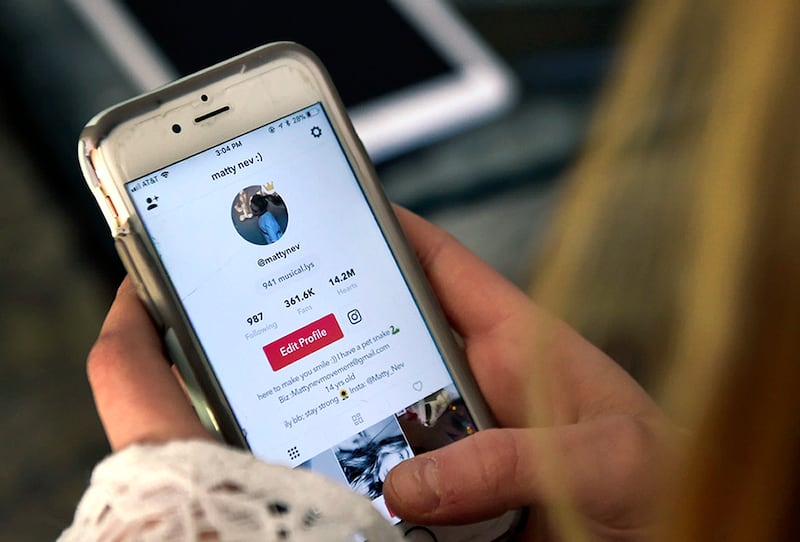TikTok is taking a stand against Holocaust denialism and other major conspiracy theories, according to reports.
What’s going on: TikTok released an updated set of guidelines Wednesday that say it will ban any content that “denies well-documented and violent events have taken place,” according to Business Insider.
- Those events include Holocaust denialism and other conspiracy theory videos associated with violent events, Business Insider reports.
- “TikTok is an inclusive platform built upon the foundation of creative expression. We encourage users to celebrate what makes them unique, within a community that does the same. Our community is diverse and global, and we aim to cultivate an environment for authentic interactions. We believe that feeling safe helps users feel comfortable expressing themselves openly and allows creativity to flourish.”
Why it matters: TikTok is taking a different approach to how it handles free speech and news events compared to other social media apps. Facebook has been slammed in the past for allowing posts about the Holocaust and conspiracy theories.
- Bigger picture: TikTok moderators were told to remove any content that would upset the Chinese government, according to The Guardian. TikTok’s parent company, ByteDance, is based in Beijing.
- TikTok also unblocked a teenager and restored an account for someone who filmed a video that condemned China’s treatment of the country’s Muslim minority, according to CBS San Francisco.
- The controversy around removing that type of content sparked concerns from U.S. lawmakers that TikTok may be spreading propaganda to the United States and surveilling U.S. users, according to the Deseret News.


